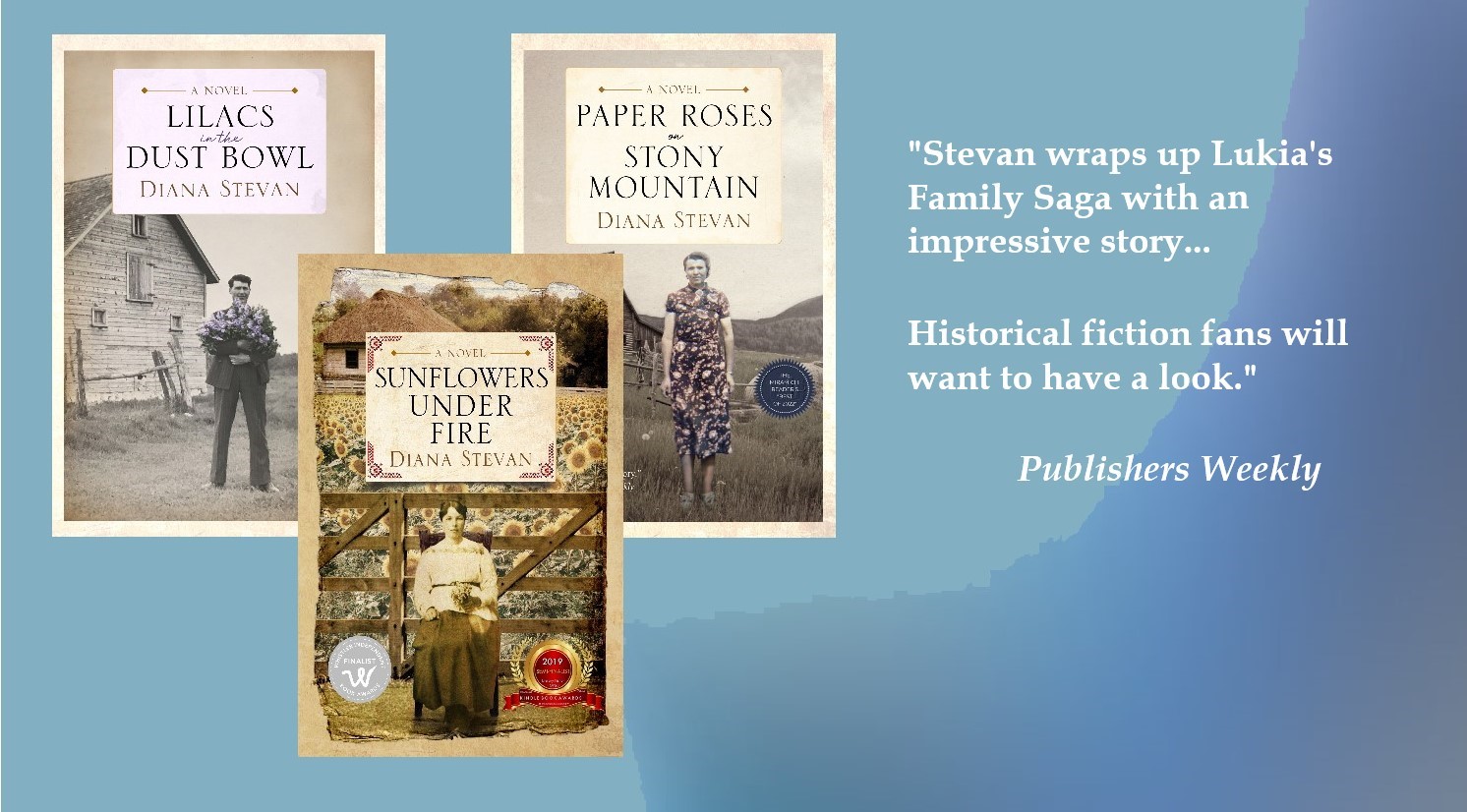This Mobius Strip of Ifs – A Remarkable Book
 When I opened the book This Mobius Strip of Ifs by Mathias B. Freese, I had no idea what to expect. The cover gave me no clues, as for starters I didn’t know what a Mobius strip meant. I learned it is “essentially a ribbon with a twist”. Freese views life as “random happenstance; a long line of ifs that we strive to make sense of for ourselves.” I have to concur, as this book somehow landed serendipitously in my hands and I’m still puzzled as to how this all came about. But once I started reading, I couldn’t stop. This is unusual for me as I think the last time I did this, I was a teenager, but the jewels I found inside the cover spoke to me like no other.
When I opened the book This Mobius Strip of Ifs by Mathias B. Freese, I had no idea what to expect. The cover gave me no clues, as for starters I didn’t know what a Mobius strip meant. I learned it is “essentially a ribbon with a twist”. Freese views life as “random happenstance; a long line of ifs that we strive to make sense of for ourselves.” I have to concur, as this book somehow landed serendipitously in my hands and I’m still puzzled as to how this all came about. But once I started reading, I couldn’t stop. This is unusual for me as I think the last time I did this, I was a teenager, but the jewels I found inside the cover spoke to me like no other.
Mathias B.Freese is a former psychotherapist and teacher, and though he shares some of those experiences, this is no dry academic text. His essay collection is a rich concoction of stories, feelings, dreams, ideas, perceptions, and distilled memories. By sharing his own emotionally deprived childhood and family losses, he touches a core in all of us who’ve considered our early years and/or have gone through the pain of losing those we love. And he doesn’t flinch when he shares his regrets or his inability to make those tender family connections that we all crave. In doing so, he shares his humanity.
But This Mobius Strip of Ifs is much more than a compilation of personal reflections. Through discussing the people who’ve had an impact on him—like Jefferson, Freud, Buster Keaton, Orson Welles, and the writers, Camus, Krishnamurti and Kazantzakis, he encourages us to look at our own lives. As he weaves in his encounters with these great men and others through film and books, he raises those big questions we all ask ourselves. What is our purpose? What is of value? What are we teaching our children in schools? What are we giving them at home? How do we get over our mistakes, our regrets in life? Can we? And can we ever know ourselves?
He also touches on his life’s journey as a Jew, his writing about the Holocaust (see The i Tetraology) and how aging has affected him. One sentence in particular hit home. “What I leave literarily is no more important than the creases in my pants as this globe hurtles through space.” I understand what he means by that, but I beg to differ. By the time I’d finished reading his brilliant book, I felt I’d received a gift—a glorious education about life, not only his, but my own. Some of what I’ve missed in this review is well said in another, Book Chase, a blog by Sam Sattler. This Mobius Strip of Ifs is one book I plan to visit again and again.





